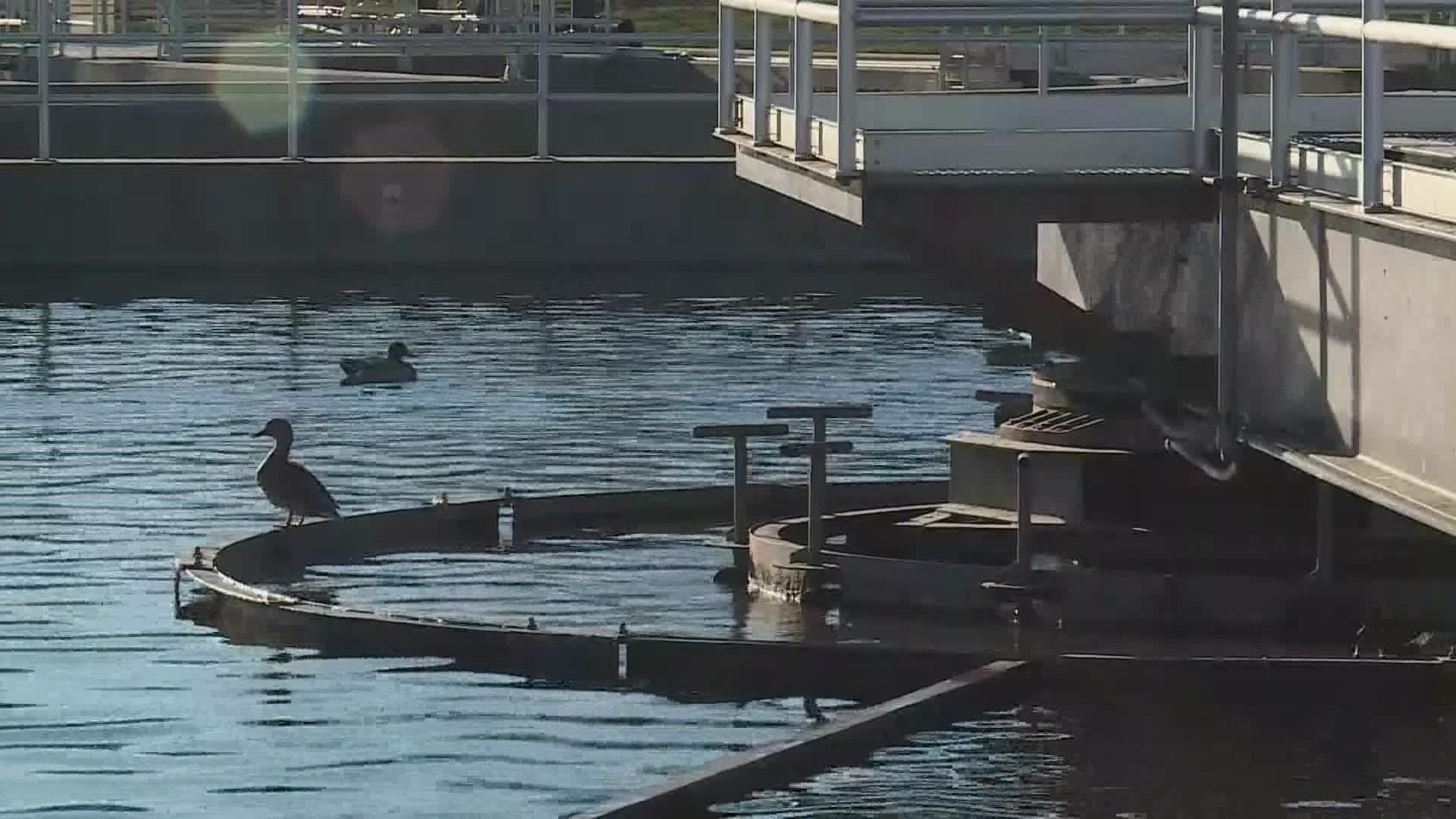MAINE, USA — An outright ban on spreading biosolids or sludge as fertilizer on farmland in Maine is one step closer to becoming law.
Toxic chemicals known as PFAS, found in household and industrial waste, are in the sludge produced by wastewater treatment plants. For decades the chemicals leached into topsoil and groundwater.
Under a proposed bill, LD 1911, the sludge would have to be put in landfills, which some critics say will create another toxic problem of its own.
It's a major step forward in containing contamination from PFAS chemicals. The toxic compounds have tainted hundreds of private drinking wells and farms in Fairfield and other parts of central Maine.
"We are poised to spend millions of taxpayer dollars to clean up the wells of rural homeowners and support affected farmers," State Senator Stacy Brenner, D-Cumberland, explained.
According to the Agency for Toxic Substances and Disease Registry, toxic chemicals have been linked in federal studies to health issues such as thyroid disease, liver problems, and organ cancers.
Members of the Maine Legislature's Environment and Natural Resources Committee approved an amendment to a bill that would prohibit the spreading of any sludge. It would also ban the production and sale of compost, fertilizer, and other agricultural products with sludge.
Leftover sludge from wastewater treatment plants was hauled to farms across the state and used as fertilizer for decades. Sludge would be required to be disposed of in landfills only. Representatives from the Maine Water Environment Association, which represents more than 600 private and municipal wastewater treatment plants, raised concerns about sufficient capacity in state landfills.
"We will soon be left with sludge piling up in our wastewater treatment facilities and no place to deposit it," Emily Cole-Prescott of the MEWEA testified.
But Brenner disputed that testimony, telling committee members, "The Department of Environmental Protection has confirmed for us that we have space in our landfills for this product."
Committee members also agreed to find funds to offset new costs for municipalities to handle and transport sludge to landfills. The bill would also require sewage plants to test treated wastewater for PFAS.
Thirty-four towns with 700 total sites have been identified by the Department of Environmental Protection as a top priority for PFAS testing. It's expected to take several years to complete all of the tests.

